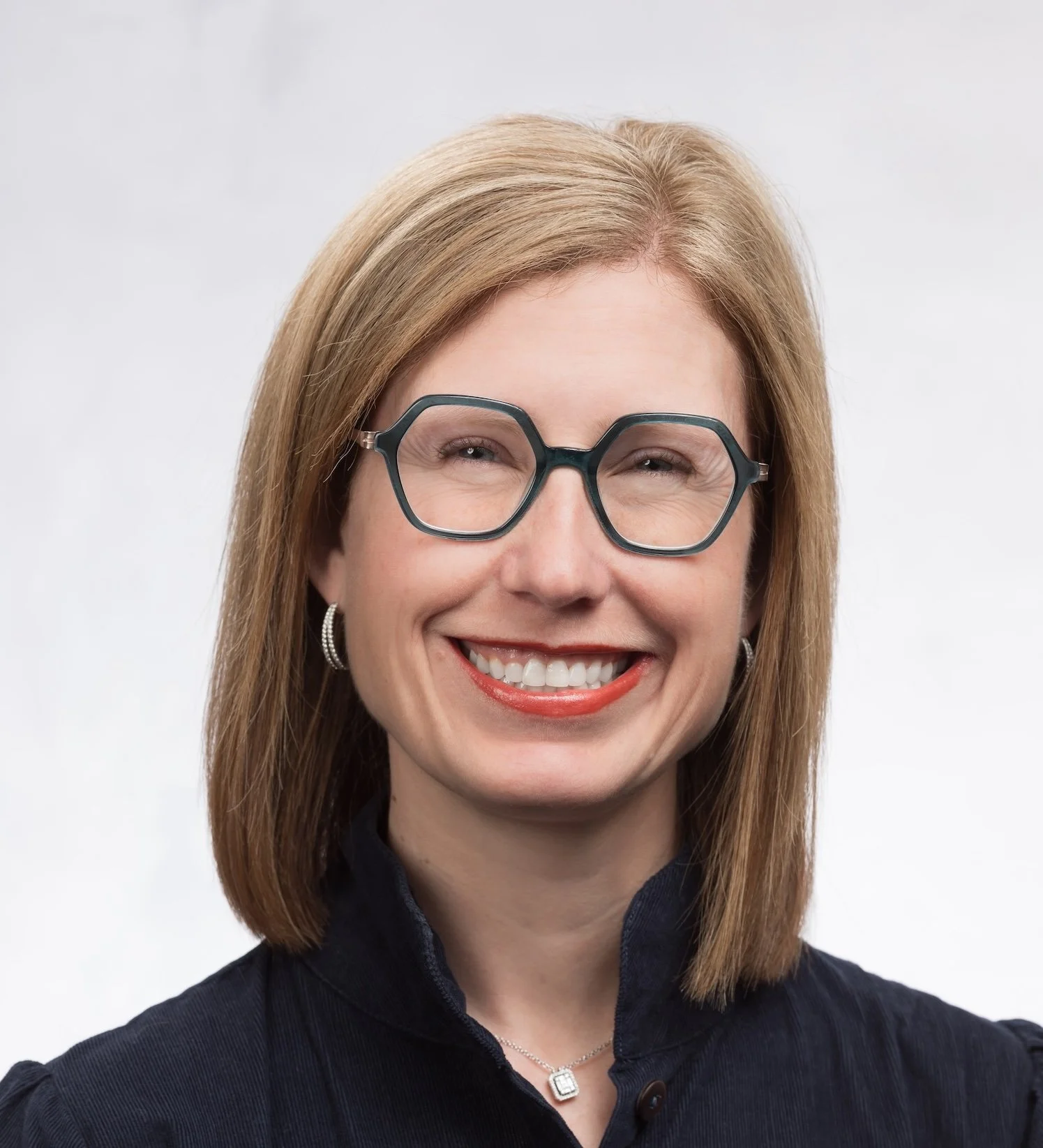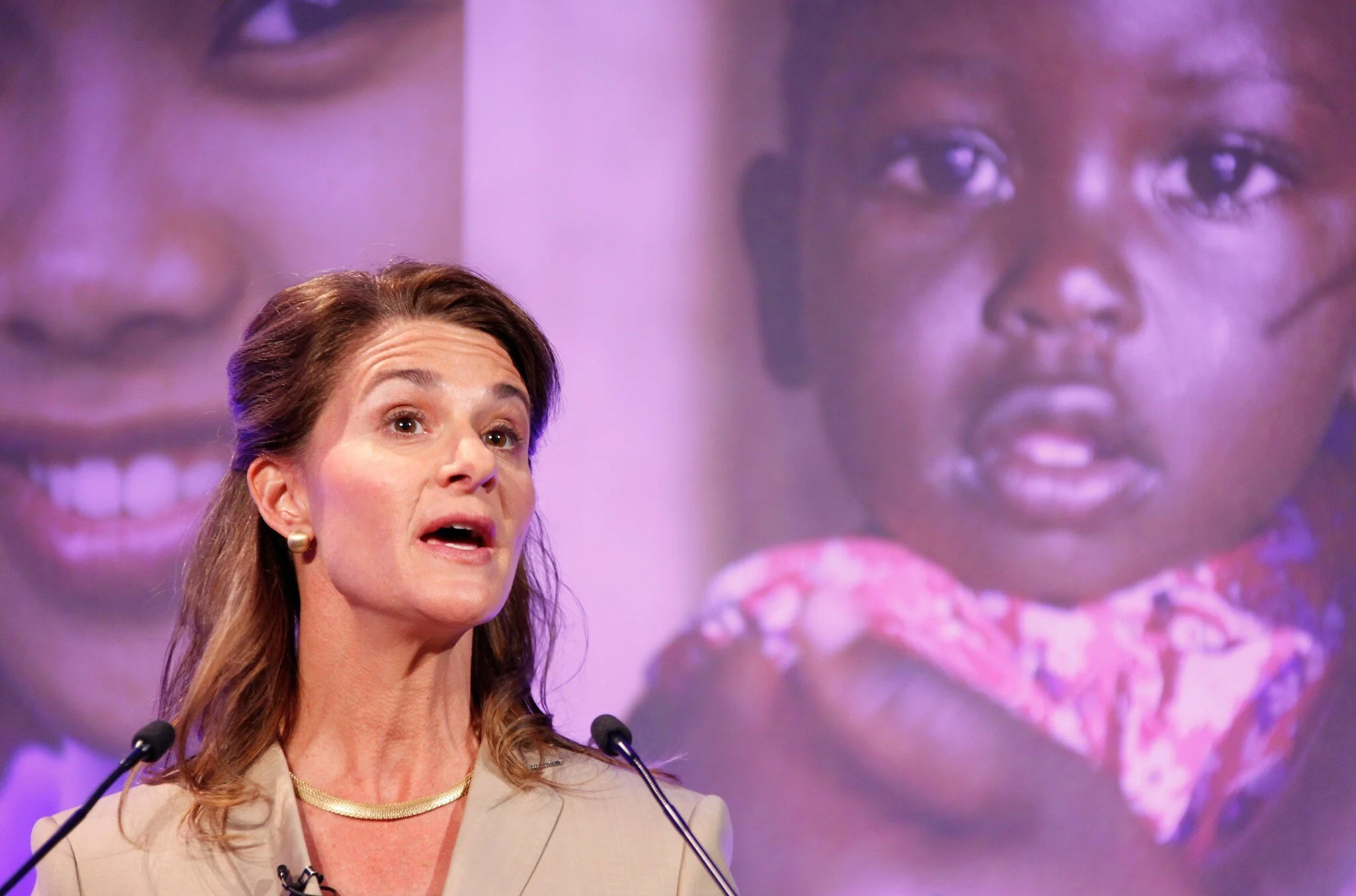A new study from the United States Centers for Disease Control and Prevention shines a light on the escalating opioid crisis. Last year, more than 70,000 people died because of drug overdoses in the United States. Opioids were responsible for nearly 50,000 of those deaths. Those numbers, which are the highest on record, are behind a three-year decline in the country’s life expectancy.
Still, few major foundations work on substance abuse while top philanthropists have been reluctant to get involved in combating the crisis. Michael Bloomberg recently emerged as an exception to that rule.
Bloomberg Philanthropies has pledged $50 million to fighting the epidemic. Vital Strategies, the Pew Charitable Trust, Johns Hopkins University and the CDC join Bloomberg on the endeavor, which will span 10 states, starting with Pennsylvania.
“We are experiencing a national crisis: For the first time since World War I, life expectancy in the U.S. has declined over the past three years—and opioids are a big reason why,” Bloomberg said. “We cannot sit by and allow this alarming trend to continue—not when so many Americans are being killed in what should be the prime of their lives.”
Citing failure on a national level, Bloomberg said he will focus his work at the state and local levels during his remarks at the Bloomberg American Health Summit in Washington, D.C.
“Our leaders in Washington have failed to meet the challenge with the urgency and bold solutions that are required. And we can’t wait another day. We have to act now,” he said.
“This is a problem that touches every part of our society. So I believe—and I’m sure you agree—that every part of society must be part of the solution. Doctors. Teachers. Researchers. Fellows. Police officers. Parents. It will take all of them, and, especially, all of you—leaders in the field of public health.”
The focus will be on working with local leaders in the states hit hardest by the crisis. The hope is to find new approaches to combating opioid addiction, while also identifying the gaps in current and treatment and prevention programs.
There are plenty of gaps. Only about 10 percent of people who need treatment for opioid addiction are able to access it, according to a study by the International Drug Policy Consortium, a London-based consortium of nongovernmental organizations. On top of that, only 8 percent of counties reported maintaining education and treatment programs for residents.
As part of the initiative, states with high rates of opioid addiction could get three years of funding to address the crisis. Leaders on the ground will get to choose the direction of the work. Experts from the initiative’s partner organizations will be on hand to advise state leaders on accomplishing the goals they set and help implement those plans. The goal is to find products and guidelines that other states can adopt.
The work will start in Pennsylvania, the state with the highest overdose rate in the country. Pennsylvania’s overdose rate is twice as high as the national average. In 2017, 5,400 residents died from opioid overdose, nearly double the number of people murdered in the state during the four-year period from 2012 to 2016. The state is slated to get $10 million from Bloomberg Philanthropies toward the problem.
Where Is Everyone Else?
The $50 million Bloomberg has pledged is in stark contrast to the reticence of other funders to step up and intervene against the epidemic. Even as the death toll climbs and funding could help close real, concrete, easily identified gaps in treatment, philanthropies have been reluctant to get involved.
Some have attributed this reluctance to a belief that governments—federal and state—should handle the crisis, and that health insurers should include prevention and treatment in the care they cover. If philanthropists step in, they reason, it will allow governments and insurance companies to abdicate their responsibilities.
Most often, health foundations cite commitments to long-term strategies that take their work upstream to stop health problems like this one before they start. While such work makes a lot of sense, as we often report, the stark fact is that America’s public health funders have been remarkably passive in the face of the most urgent public health crisis since the AIDS epidemic of the 1980s and 1990s.
It wasn’t so long ago that major foundations were involved in fighting addiction and supporting recovery. The Robert Wood Johnson Foundation led the charge in the 1980s, and used its influence as the biggest public health foundation in the country to bring other funders along.
Over 20 years, RWJF poured more than $700 million into tackling substance abuse. Its status and stature within the foundation world helped remove the stigma of such work for other philanthropists and encouraged them to treat addiction like they would a medical condition.
About a decade ago, RWJF shuttered its substance abuse program. Around the same time, the foundation shifted its strategy upstream, working to change the social and environmental factors that affect health, in an attempt to tackle complex health issues before the develop. Just as other public health foundations followed RWJF into funding substance abuse treatment, they followed the philanthropy upstream and took their money with them.
Now, even smaller, regional public health foundations that might have funded direct services in their areas like addiction treatment have moved into strategic, upstream giving.
Earlier this year, substance abuse work lost one of its biggest remaining backers, the Conrad N. Hilton Foundation. The foundation is wrapping up its grantmaking in that area in favor of a more streamlined giving strategy.
With a crisis that is growing and few foundations giving to stem the tide, Bloomberg is a welcome ally in the fight. Bloomberg Philanthropies isn’t the only funder getting involved here, but so far, it is the biggest new player to get involved. Most of the other funders stepping up are on the corporate side. Some are health insurance companies, like Aetna. Others hail from the pharmaceutical industry and are using philanthropy to make amends for their role in the opioid crisis.
Bloomberg Philanthropies is the outlier here, so it may be worth delving into how the foundation came to get involved in fighting the opioid epidemic. It turns out that the funder got involved in the the crisis in much the same way it ends up supporting other causes—it was led there by the numbers.
Michael Bloomberg is a famously data-driven philanthropist, who in the past has followed the data into causes that few other funders care about. Bloomberg’s priorities often aren’t super-flashy, but they’re areas where he believes his philanthropic investments can make a big difference. The same mindset led Bloomberg to make this major investment to combat the opioid crisis.
“One of the ways that our foundation considers what issues to take on is by looking at the leading causes of death—and analyzing where we can make the biggest difference,” he said in announcing the $50 million commitment. “That’s why we’ve decided to lead the charge in tackling tobacco use, road safety, obesity, and other important challenges—and it’s why today, we are launching a major new effort to stop the opioid epidemic in America.”
Related:







+(1).jpg)



.jpg)

.jpg)
+copy.jpg)






+copy.jpeg)








